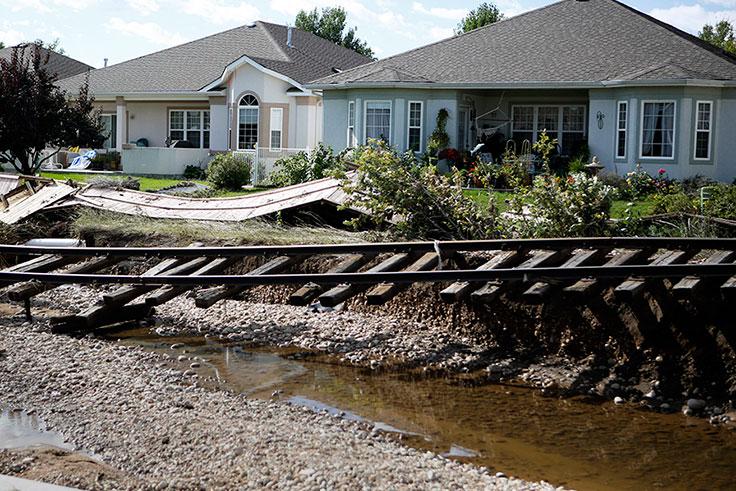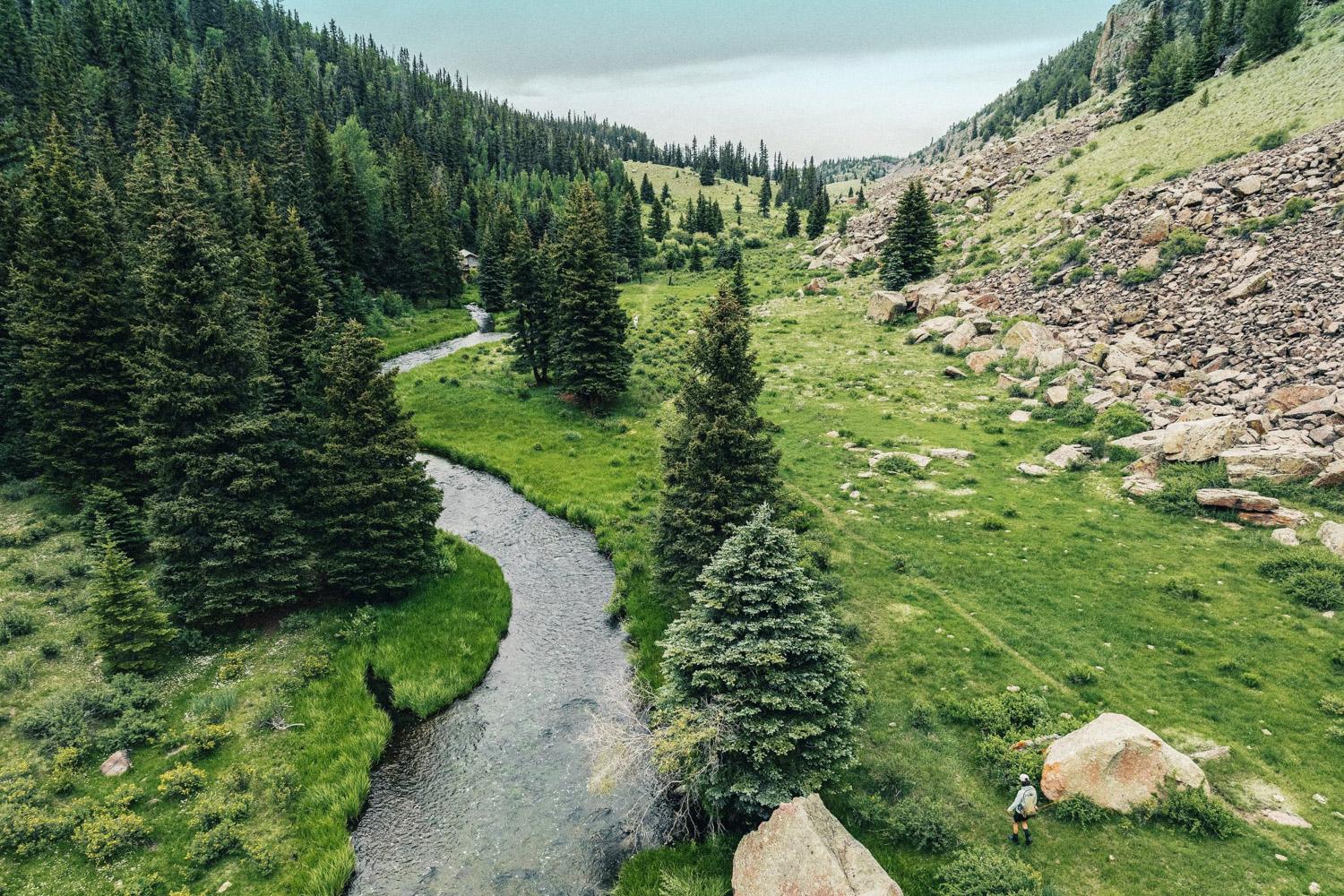

The 176-page report details how Coloradans are dealing with climate change already, and how it will affect the state in the coming decades. Thirty experts from state offices, consulting groups and academia reviewed the report commissioned by the Colorado Energy Office.
“Vulnerability is not just a question of how climate change will affect resources in the state, it’s also a question of how well Colorado is prepared to deal with changes,” said Eric Gordon, co-lead editor of the report and a researcher with the Western Water Assessment.
Longer and more intense droughts are likely across the state, so growing crops with irrigation is going to be "a little more difficult," said Gordon. Even cattle eat less during hot weather, which means ranching will probably be impacted as well.
Additionally, the report notes that public schools on the Front Range haven't needed to be air conditioned in the past. As temperatures rise, that change could be "expensive to address," says the report.
Below, more on four vulnerable state sectors:
CPR's Michael de Yoanna contributed to this report.









